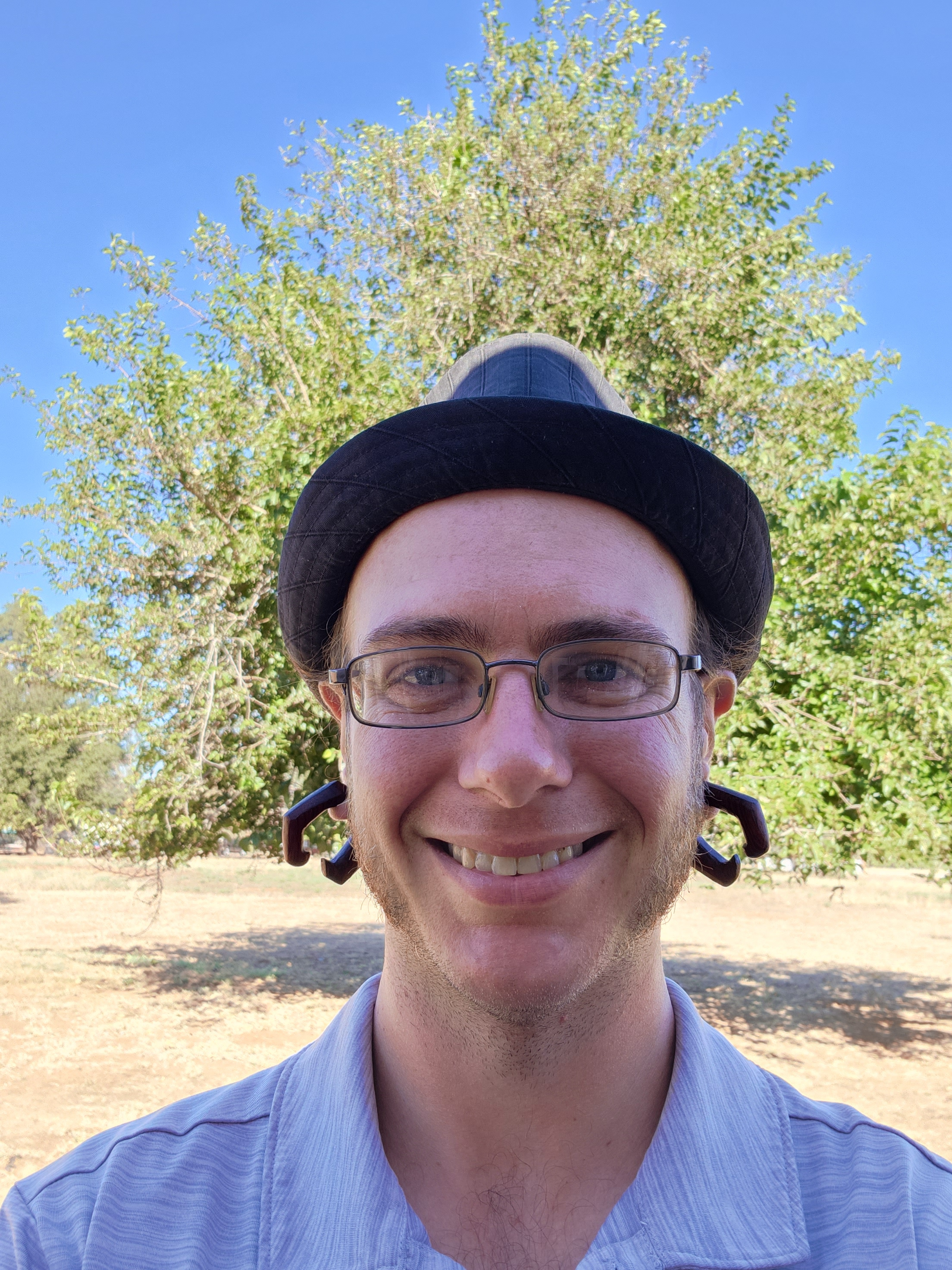
Host Principal Investigator: Kyle Fink, Ph.D.
Host Mentor: Jennifer Waldo
UC Davis Stem Cell Program
Characterization of Patient-Derived Huntington’s Disease Cells for Assessment of Therapeutic Efficacy
Huntington’s Disease (HD) is an autosomal dominant neurodegenerative disease associated with an expansion of the Huntingtin (HTT) gene and is within the family of PolyQ disorders. The expanded region is characterized by trinucleotide repeats that encode for the amino acid glutamine with the age of onset inversely correlated to the number of repeats. The expanded region of HTT results in a toxic, gain-of-function protein that has downstream effects on the nervous system, including dysregulation of an array of functional genes along with mitochondrial dysfunction that ultimately leads to the neurodegeneration observed in HD patients. To understand what cell types are affected by specific dysregulation, immunocytochemistry (ICC) is used to accurately determine the fate of the cells being investigated. Following an accurate determination of the cell type being investigated a more robust characterization may be applied to understand the phenotypes associated with a specific disorder. Utilizing patient-derived cells does not require genetic editing to mimic the disorder and maintains epigenetic markers which benefits investigation of gene dysregulation through quantitative Polymerase Chain Reaction (qPCR) and provides a more precise baseline for determining the therapeutic efficacy of a regenerative therapy.